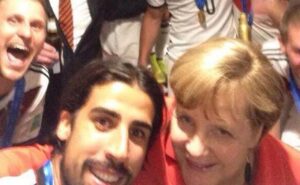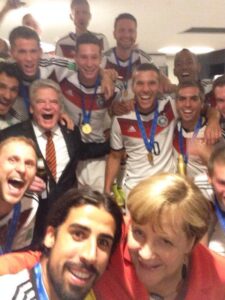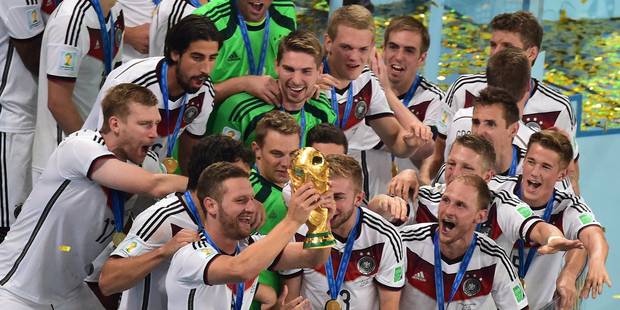Germany’s Moment of Glory: Götze’s Goal Delivers World Cup Triumph
In one of the most dramatic World Cup finals in recent memory, Germany clinched their fourth world title on Sunday night, defeating Argentina 1-0 in extra time at the Maracanã Stadium in Rio de Janeiro. The hero of the night was Mario Götze, whose exquisite 113th-minute goal sealed a well-earned victory for Die Mannschaft and made history on South American soil.



Götze, coming off the bench late in the match, controlled André Schürrle’s cross with his chest before volleying past Argentine goalkeeper Sergio Romero with surgical precision. The goal not only stunned Argentina but also lit up the stadium, propelling Germany to its first World Cup win since 1990. “It’s an incredible feeling,” Götze told reporters post-match. “We deserved this trophy. I’m proud to be part of this team.”

The 2014 campaign was a showcase of German discipline, talent, and determination. Coach Joachim Löw, who succeeded Jürgen Klinsmann in 2006, celebrated the culmination of a decade-long rebuilding effort. “This is the result of ten years of work. This team has unbelievable spirit and technical quality,” he said. Löw revealed he had urged Götze before the match: “Show the world you’re better than Messi.”
Argentina fought valiantly, with Lionel Messi leading the charge, but the Albiceleste could not capitalise on their chances. Messi missed a critical opportunity early in the second half and was left visibly emotional at the final whistle. Rumours about his ongoing health issues—particularly his tendency to vomit during matches—resurfaced after he appeared unwell once again during the final.
Despite falling short, Messi was awarded the Golden Ball as the tournament’s best player, though the decision sparked mixed reactions in the football community.
The German team’s triumph was celebrated across the globe, with an estimated 33 million viewers tuning in from Germany alone—breaking national TV audience records. Celebrations erupted across Berlin and beyond, with iconic images of Chancellor Angela Merkel and singer Rihanna posing with jubilant players flooding social media.
German newspapers were effusive in their praise: “Super Mario” declared Bild, while the Frankfurter Allgemeine Zeitung called Götze “the liberator.” Tagesspiegel hailed Löw’s tactical masterclass as a career-defining success.
Elsewhere, the aftermath of the tournament was swift. Brazil, humiliated 7-1 by Germany in the semi-finals, parted ways with coach Luiz Felipe Scolari within hours of the final whistle. Meanwhile, praise poured in for underdog performances—particularly Algeria’s close contest with Germany in the Round of 16, which many consider the toughest test the champions faced.
As the dust settles, Germany stand tall as deserving champions, the first European team to win a World Cup in South America. Their campaign was a blend of youth, experience, resilience, and brilliance—epitomised by Götze’s unforgettable strike. Football fans across the world will remember the 2014 final not only for its intensity but for the coronation of a new footballing dynasty.












